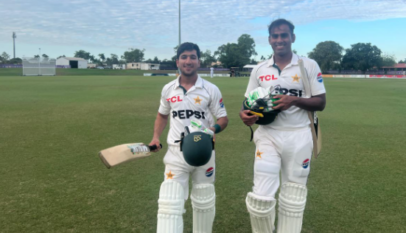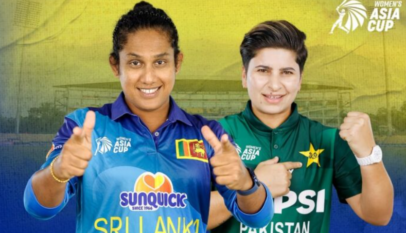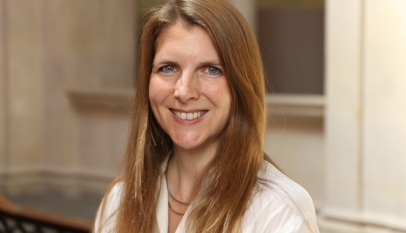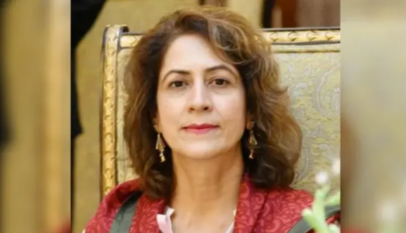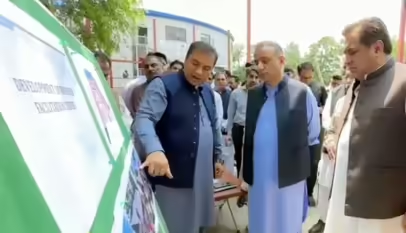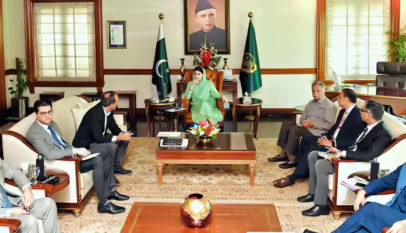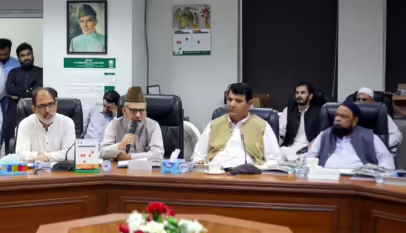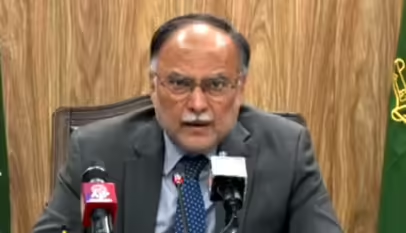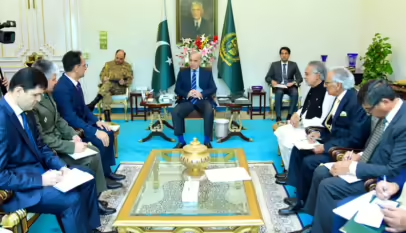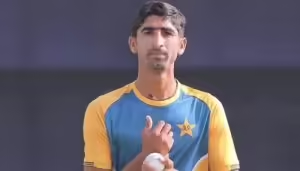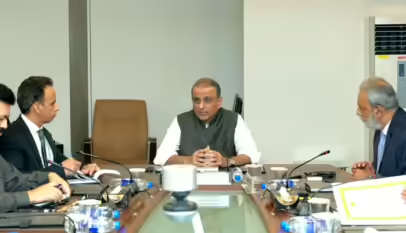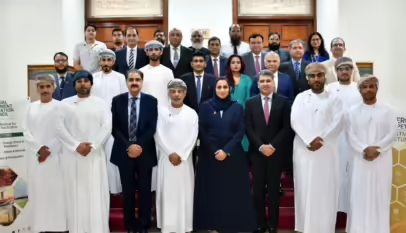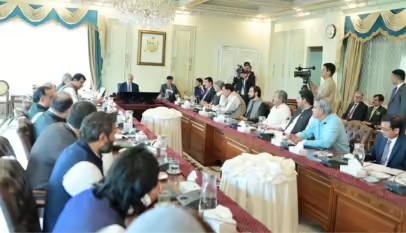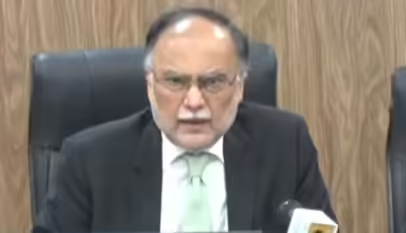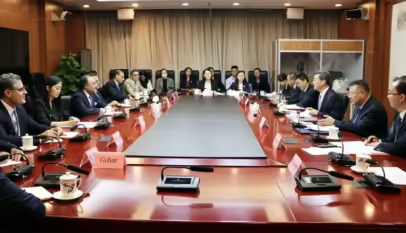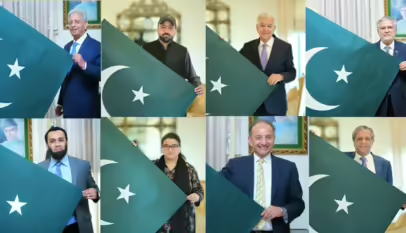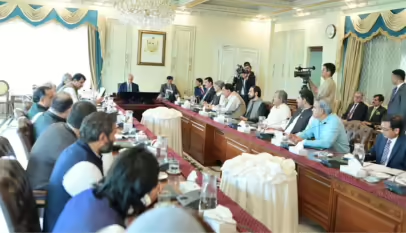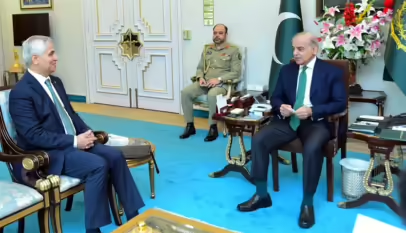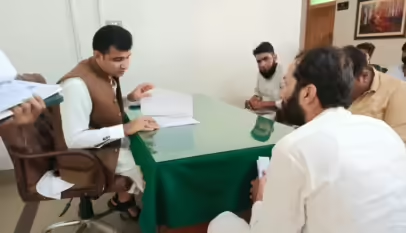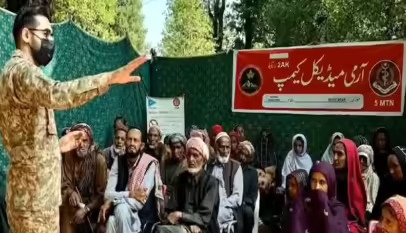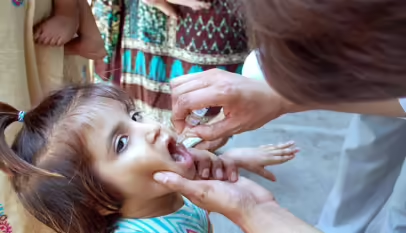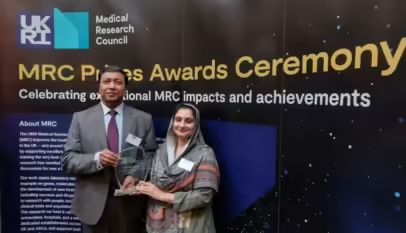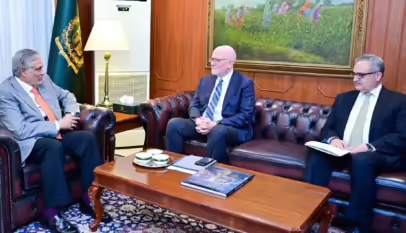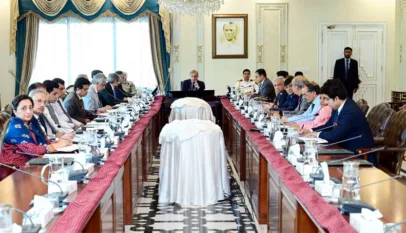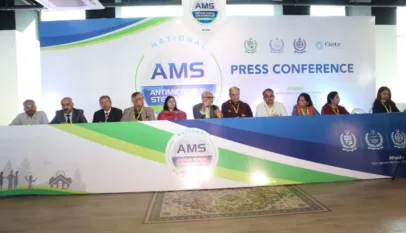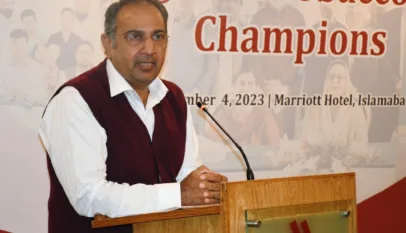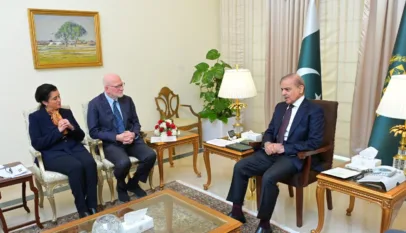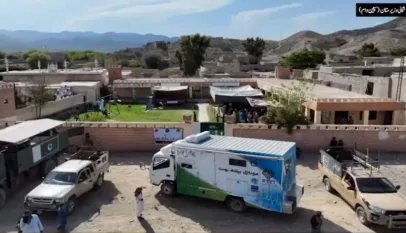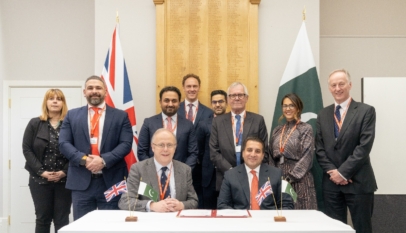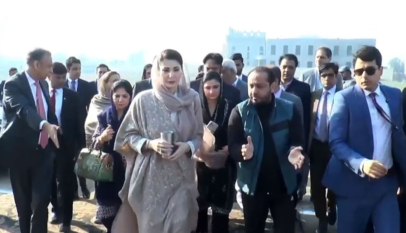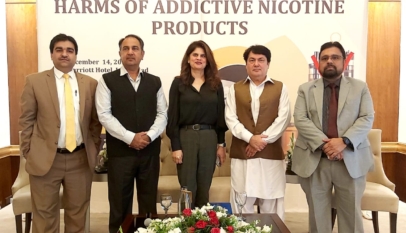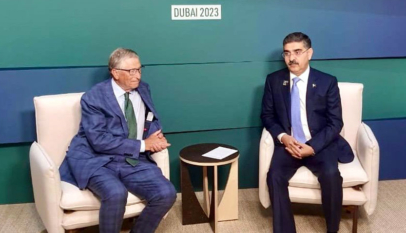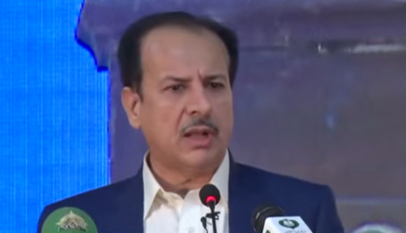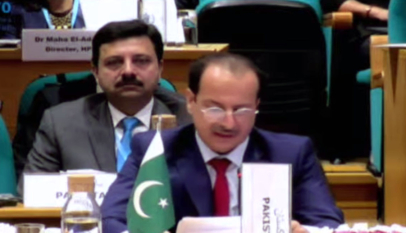
Reaffirming Pakistan’s resolve to protect all children from the disability-causing polio virus, the Health Ministry the second nationwide polio vaccination campaign of the year on Sunday.
More than 45.8 million children under five years of age will be vaccinated during this second campaign of 2024, which will be held across the country from February 26 to March 3 and in 33 districts of KP from March 2 to March 6.
Children will also be given vitamin A supplements to boost their immunity.
“Polio is a terrible disease that has no cure and can leave children paralyzed for life. Unfortunately, it continues to be a threat to our children as some people refuse to vaccinate children based on misconceptions and false information about the vaccine,” the Federal Secretary for Health, Iftikhar Ali Shallwani, said after administering polio drops to children.
Shallwani added that while the government remains strongly committed to ending polio in Pakistan and is making great progress, as decision-makers, parents and caregivers also have a huge responsibility to ensure their children’s well-being.
In a special message directed to parents and caregivers, the health secretary emphasized, “Polio vaccinators will be delivering this vital vaccine to your doorsteps next week. I implore you to recognize the threat posed by the poliovirus to your children and ensure that you open your doors to facilitate their vaccination.”
This is the second consecutive nationwide campaign of the year after poliovirus was detected in sewage samples from 19 districts in January and in 126 sewage samples in 2023.
The first campaign of 2024 was held from January 8 to January 14, during which over 43 million children were vaccinated.
On this occasion, the National Coordinator for Pakistan’s Polio Programme, Dr Shahzad Baig, said that the Pakistan Polio Programme has devised a comprehensive mass vaccination and health services delivery plan for the year and will be working with a laser focus on reaching missed children, reducing refusals, and increasing community engagement to build trust and goodwill for polio eradication efforts.
“The wellbeing of all Pakistani children is our top priority, and we will continue to take all measures possible to ensure quality healthcare delivery to end this disease in the country.
This is a critical campaign because poliovirus was found in multiple environmental samples in January, which means children are persistently at risk from this disease,” said Dr Baig.
“Viruses do not discriminate; they will find vulnerable children and target them anywhere; therefore, it is vital for parents to ensure that their children are vaccinated multiple times throughout the year to ensure that they remain protected,” he said.

